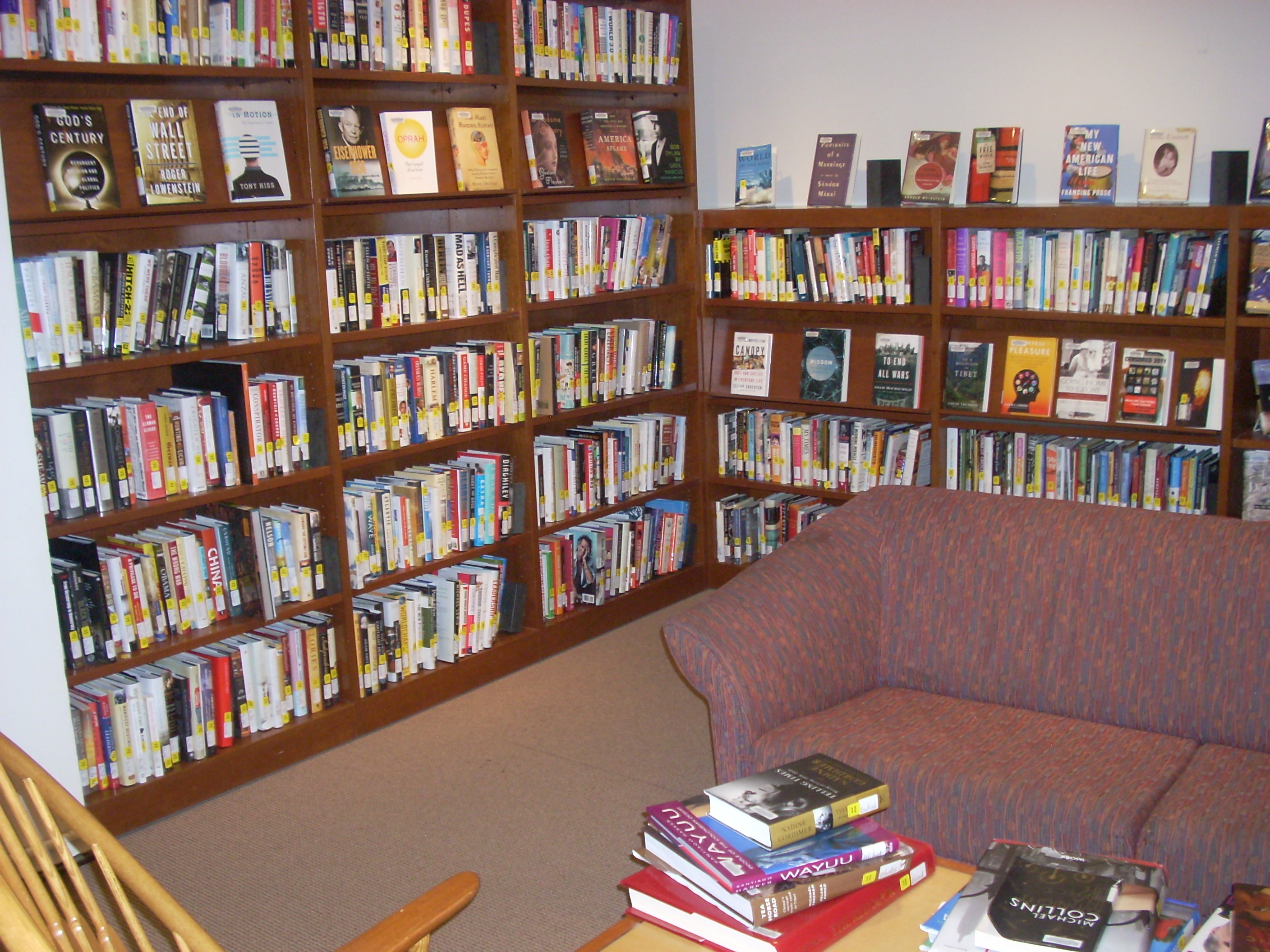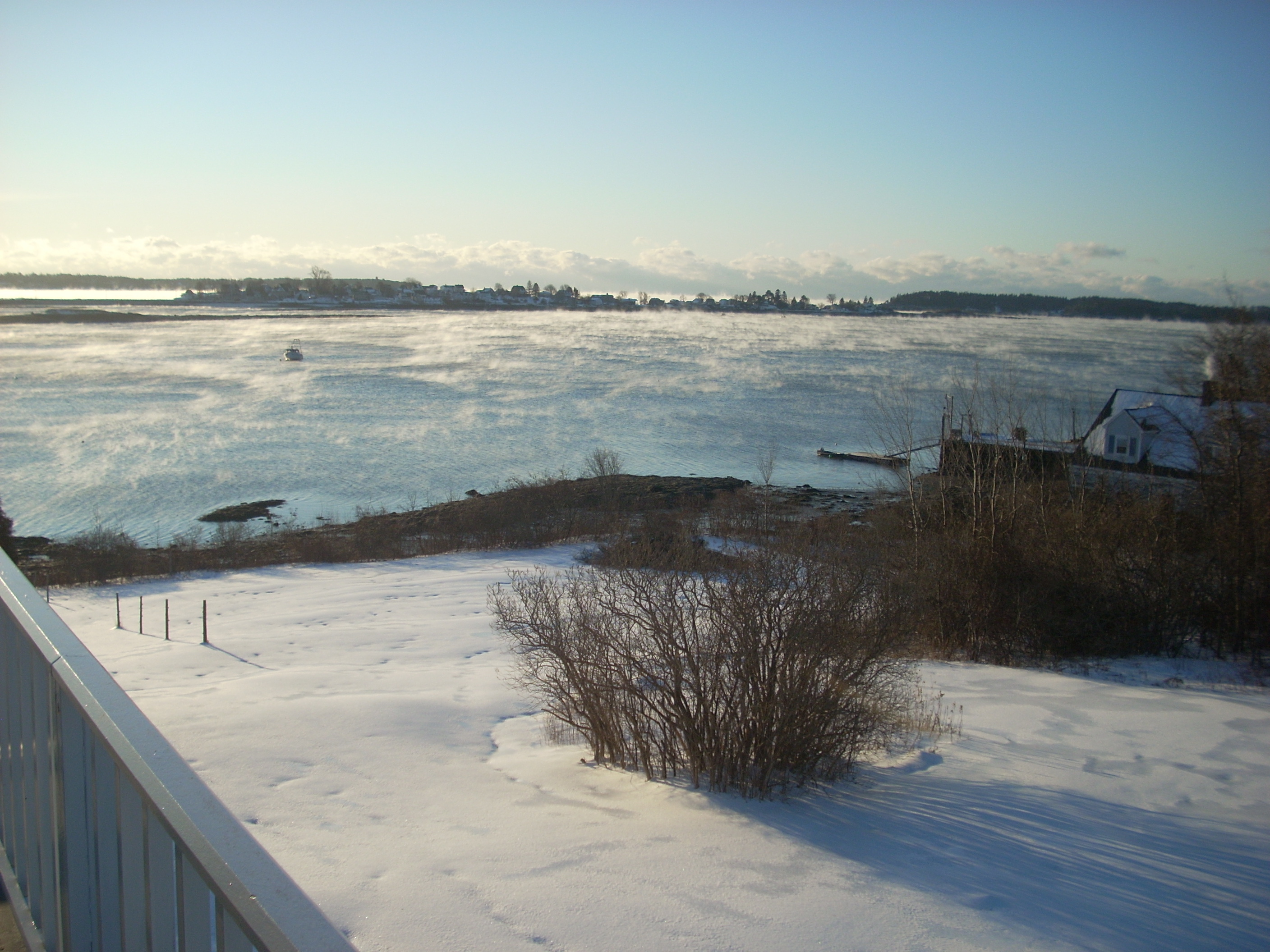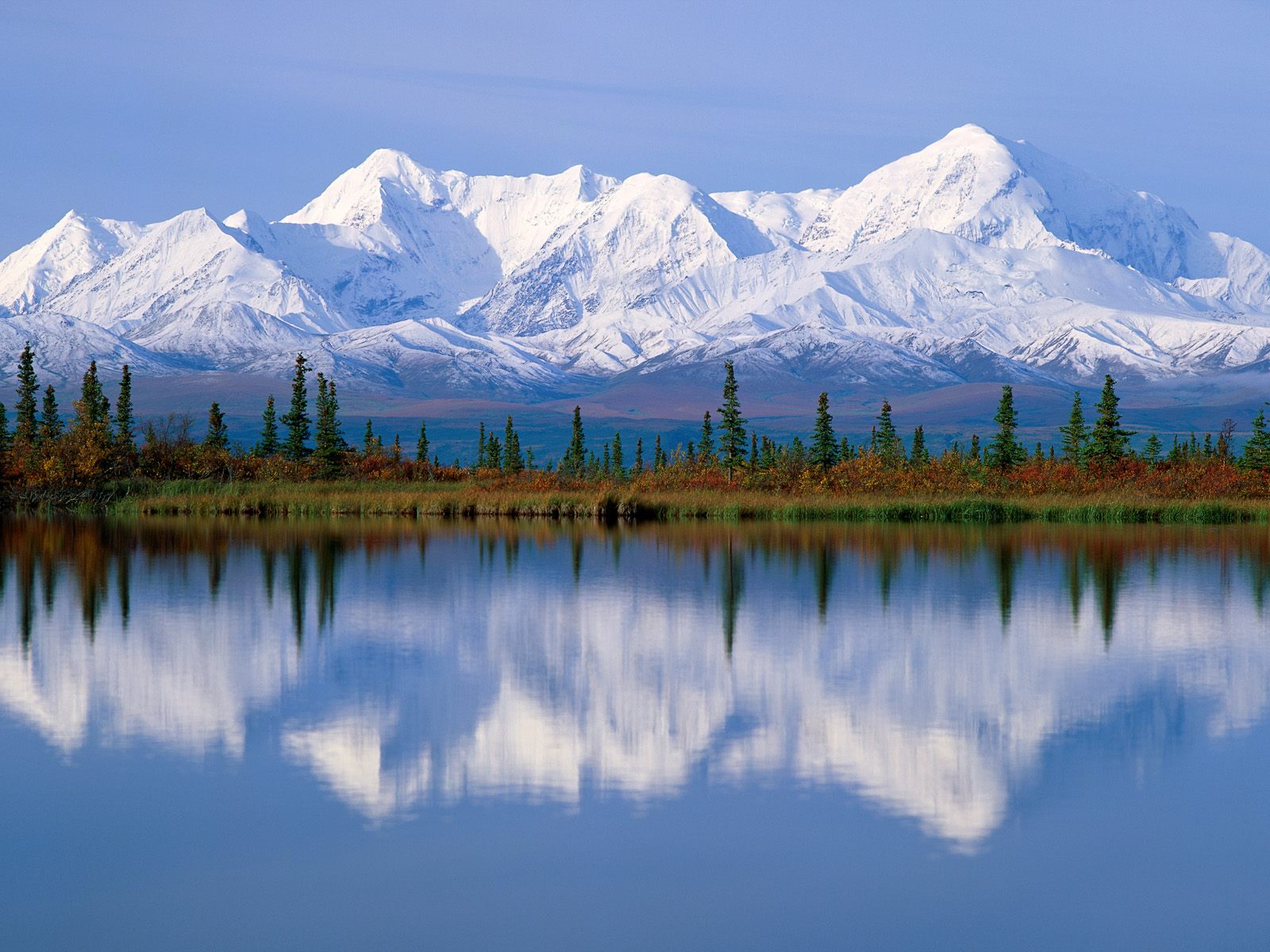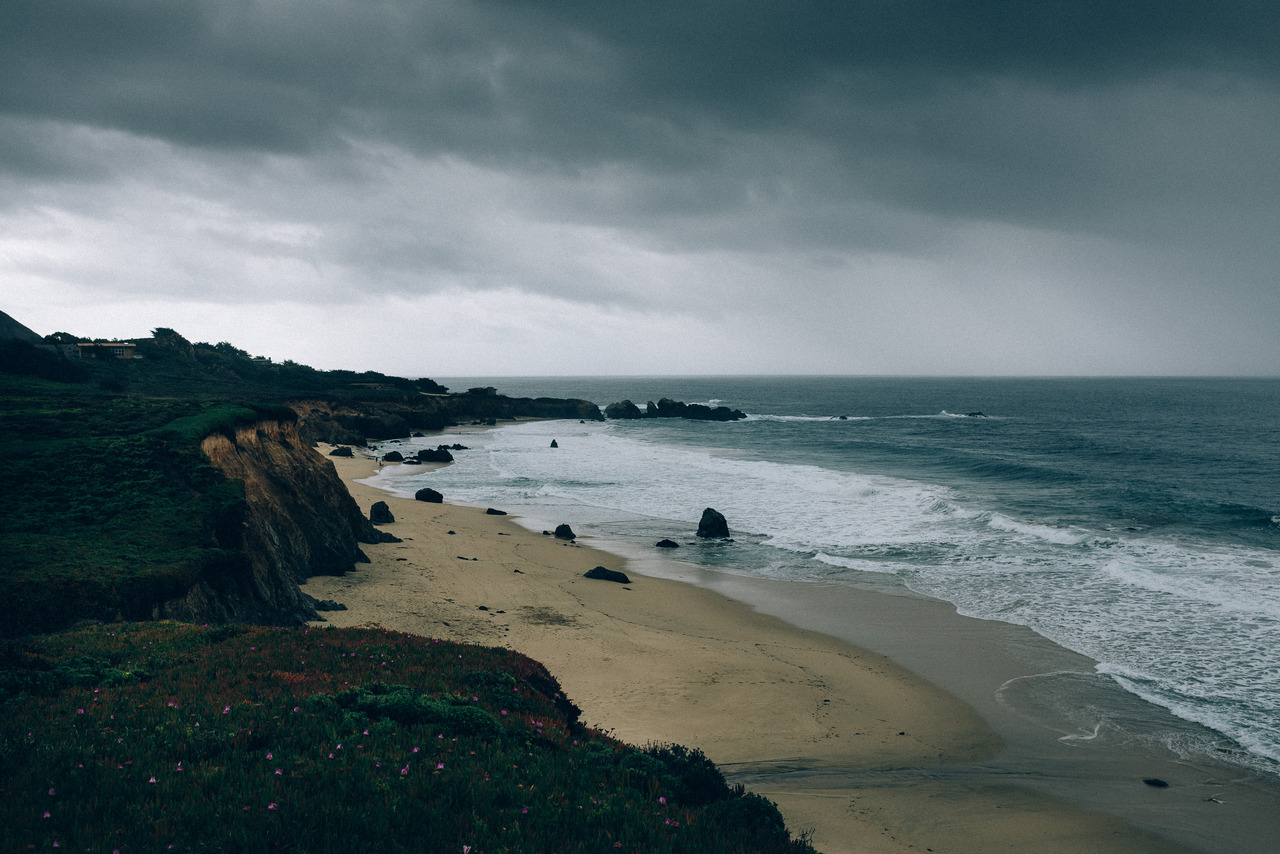
Hours passed. Centuries. I inanely wondered what seals ran in. Pods? Packs? Herds? Why couldn’t I remember? I also wondered if we would even find any seals. Oogruk males normally did not move in large numbers, and mating season had already passed ….
I slowly moved my half-frozen feet – quietly, I thought – against a curved, wooden rib of the boat. “Ssssshht!” whispered Dwight Milligrock, seated behind me. In that moment I saw everyone’s head turn as one in my direction as a slight swirl in the black water in my search area silently exploded with a few silver bubbles. Almost immediately, the black nose of a seal emerged, nostrils opening with a chuff of exhalation, followed a second later by its head breaking water alongside our boat. Its long, white whiskers stood out against its dark head as the animal slowly surveyed the area with large, dark-brown, almost-luminous eyes. Lifetimes passed as we waited, motionless, hardly breathing. I wondered if this could be a solitary seal hunting alone, or if it would be joined by others. How could it avoid not detecting that our boat and its unnaturally-shaped occupants were not part of the ice?
Suddenly, as if solidly joined together, more noisily-exhaling seals slid upward from the water into view. Turmoil suddenly erupted as we all raised our arms as one. Without any conscious thought of moving, I saw the short harpoon I had been holding flying toward the first gray form I saw before me. The water swirled violently as the seals started in fright. Before they could inhale and submerge, our almost-instinctive action had taken its toll. Three—no, four—Oogruk had been hit, as testified by a like number of inflated seal-gut floats, attached by short lines to the harpoons, bobbing and skittering about on the water’s surface. After a few seconds of noise-filled celebration, we retrieved and pulled in each shock-stunned seal and clubbed it into oblivion. And one of them carried my spear in its body.
I smiled and laughed in modest exultation with my friends -my partners -because I had achieved a measure of stature among these people who had tolerantly accepted my initial curiosity and questions—who had gradually opened their homes and customs, and their lives, to this white man who did not scorn or demean but sought to learn their different and simple ways, and who had made a place for him in their dances and taught him (what he could comprehend) something of their soft, liquid-sounding language. And who had now honored him by inviting him to be a neophyte member of a subsistence hunt.
Our return to King Island Village was celebrated with the traditional sharing of the catch among the families of the crew. Paul gracefully recognized and publicly honored my accomplishment by placing himself, this one time, in a woman’s role by personally severing and awarding me the rear flippers, considered delicacies, from my Oogruk. Following the obligatory visits to each of the hunter’s homes and ensuring everyone received something, the dancing had started.
And so, here I sat in the front row with the other members of the crew, nodding with too much warmth and full of too much tea and seal meat, watching Paul and his wife, their arms encased in ceremonial, walrus-hide gauntlets decorated with ivory spangles, reenacting through song and dance, the hunt and the waiting of the villagers for the returning boat.
In the days of my memory, Paul and his crew still hunt Oogruk, and they still celebrate and give thanks, and ask forgiveness of Oogruk for taking what they must to survive. And as long as they continue to seek Oogruk, they will have an extra, unseen crew member sharing a place in their boat.









